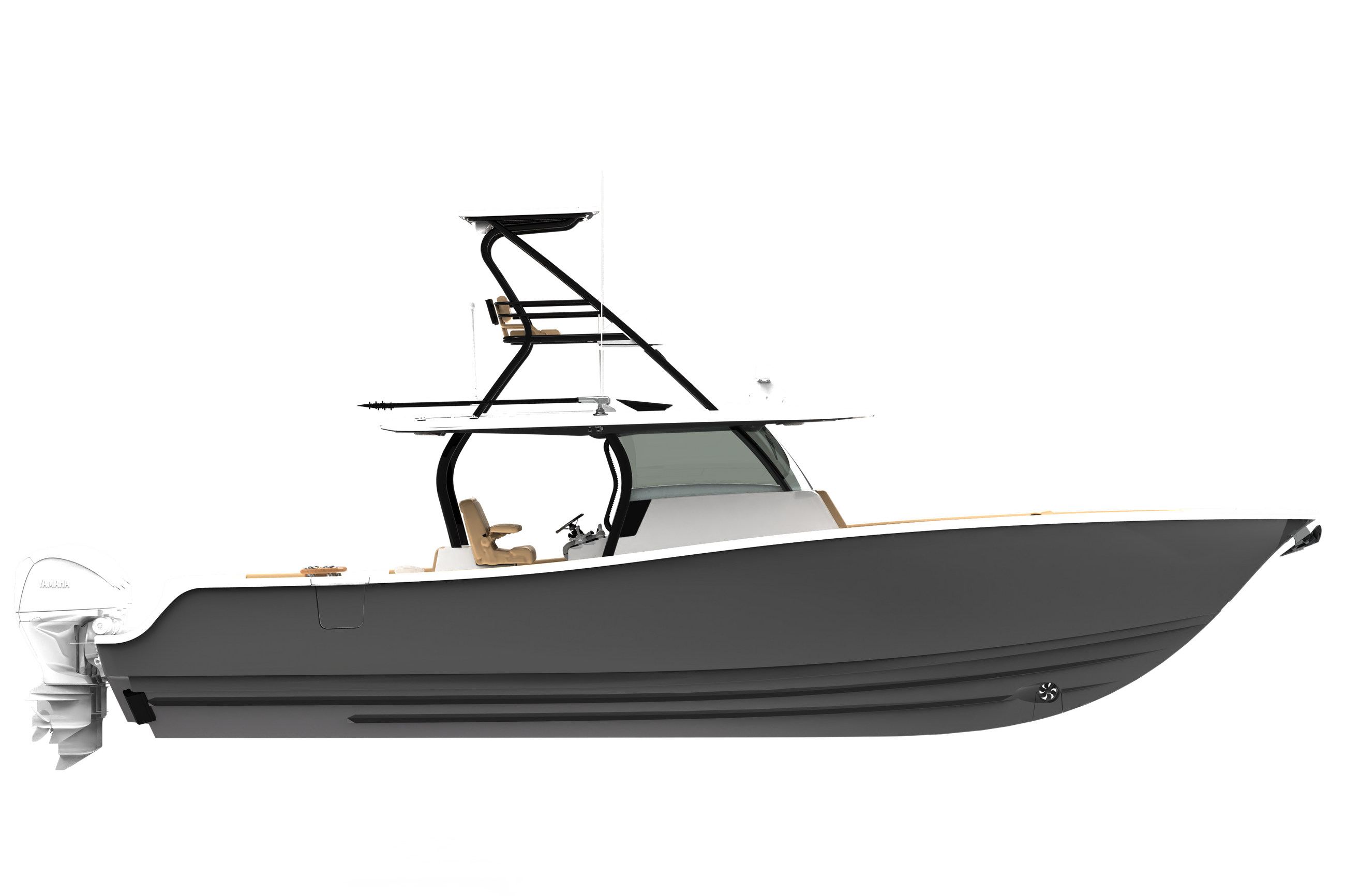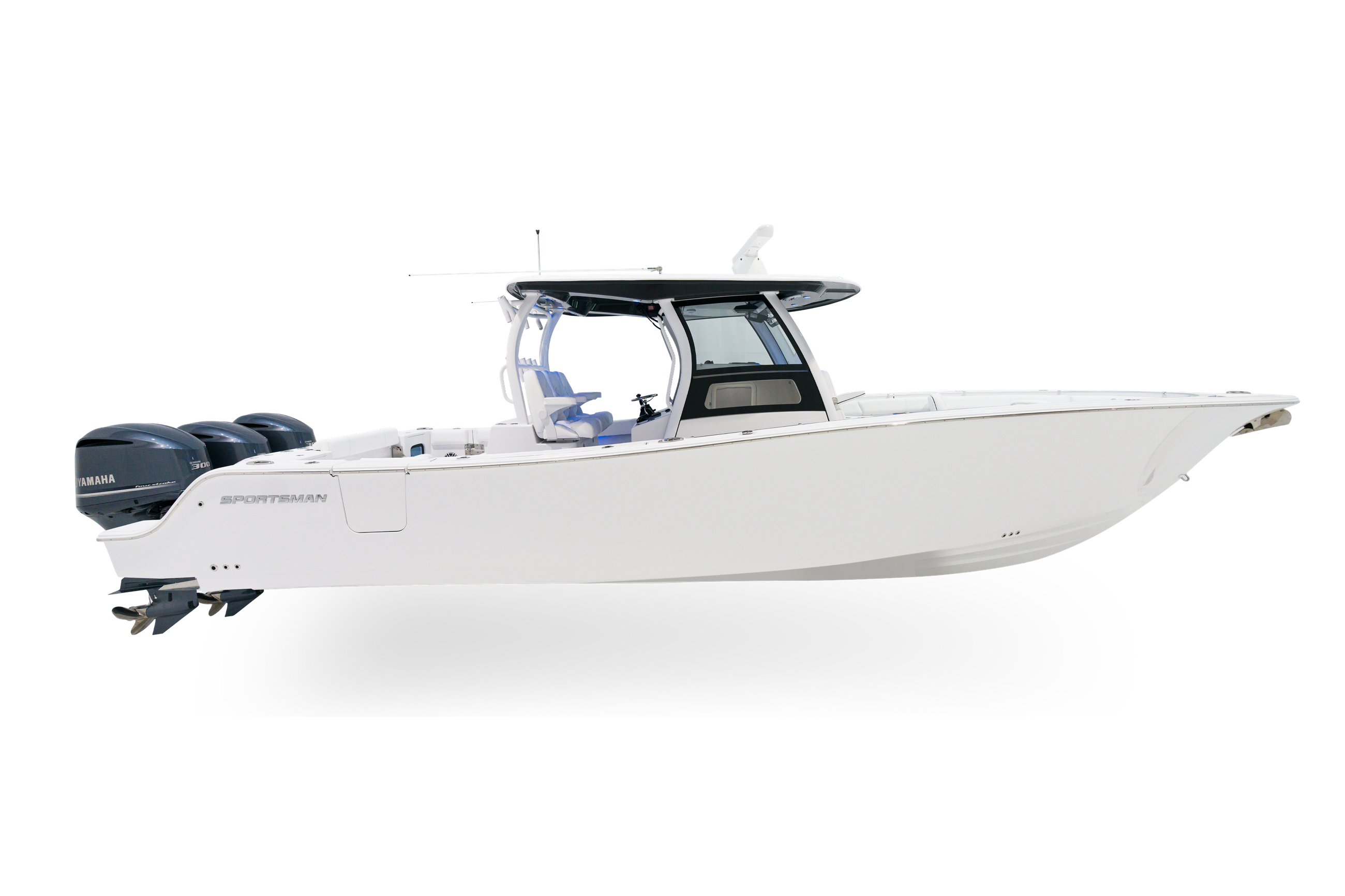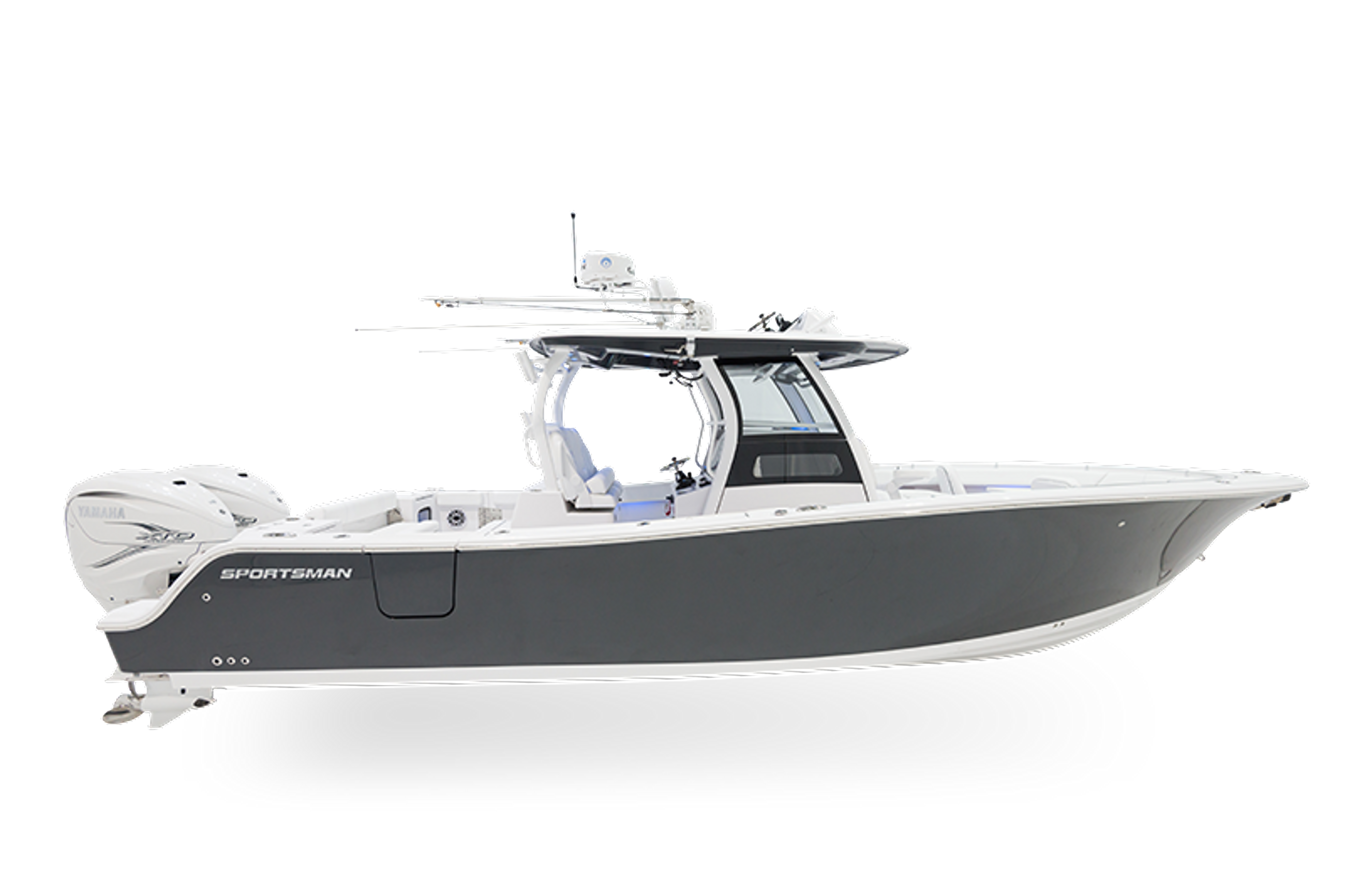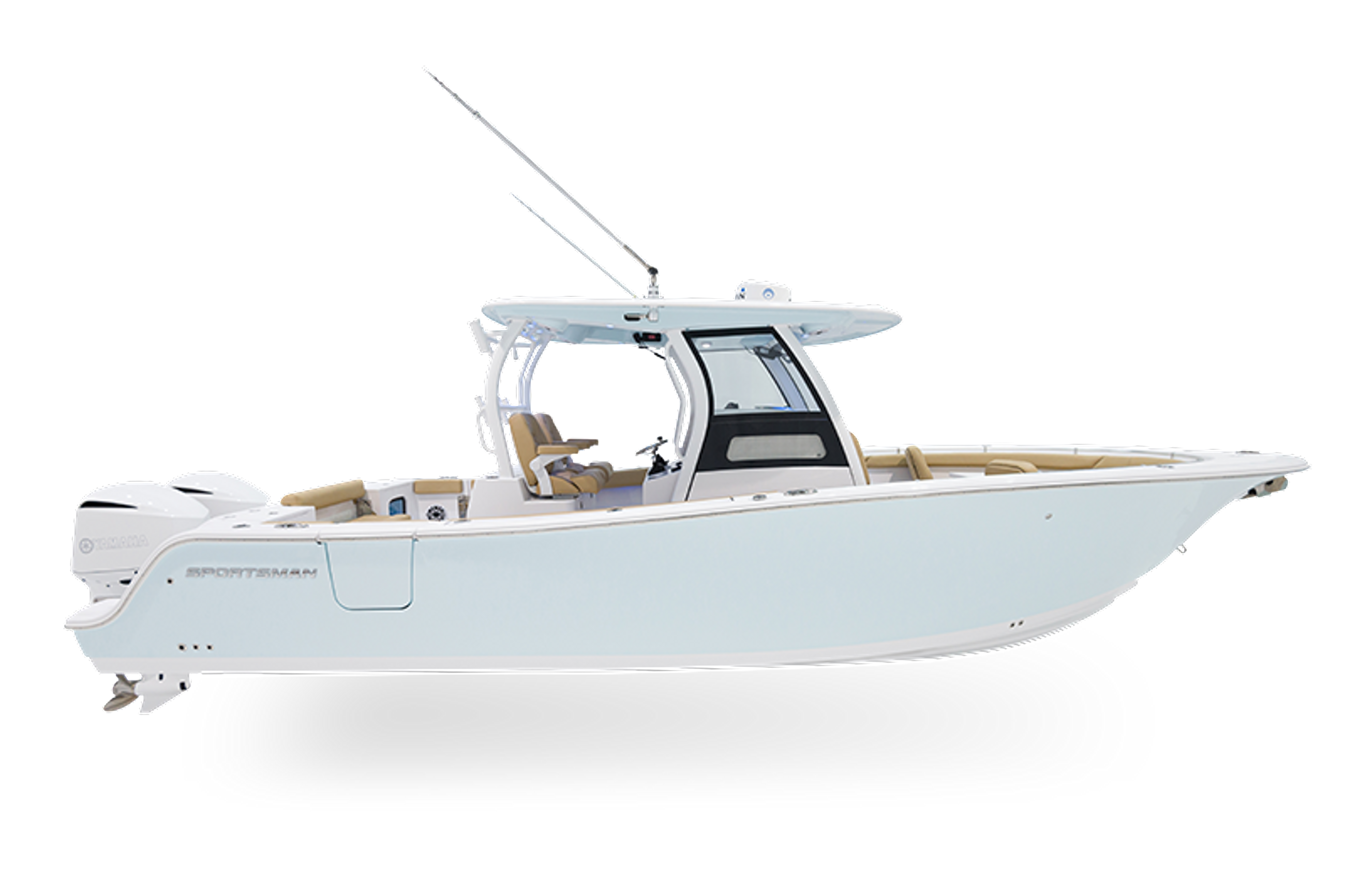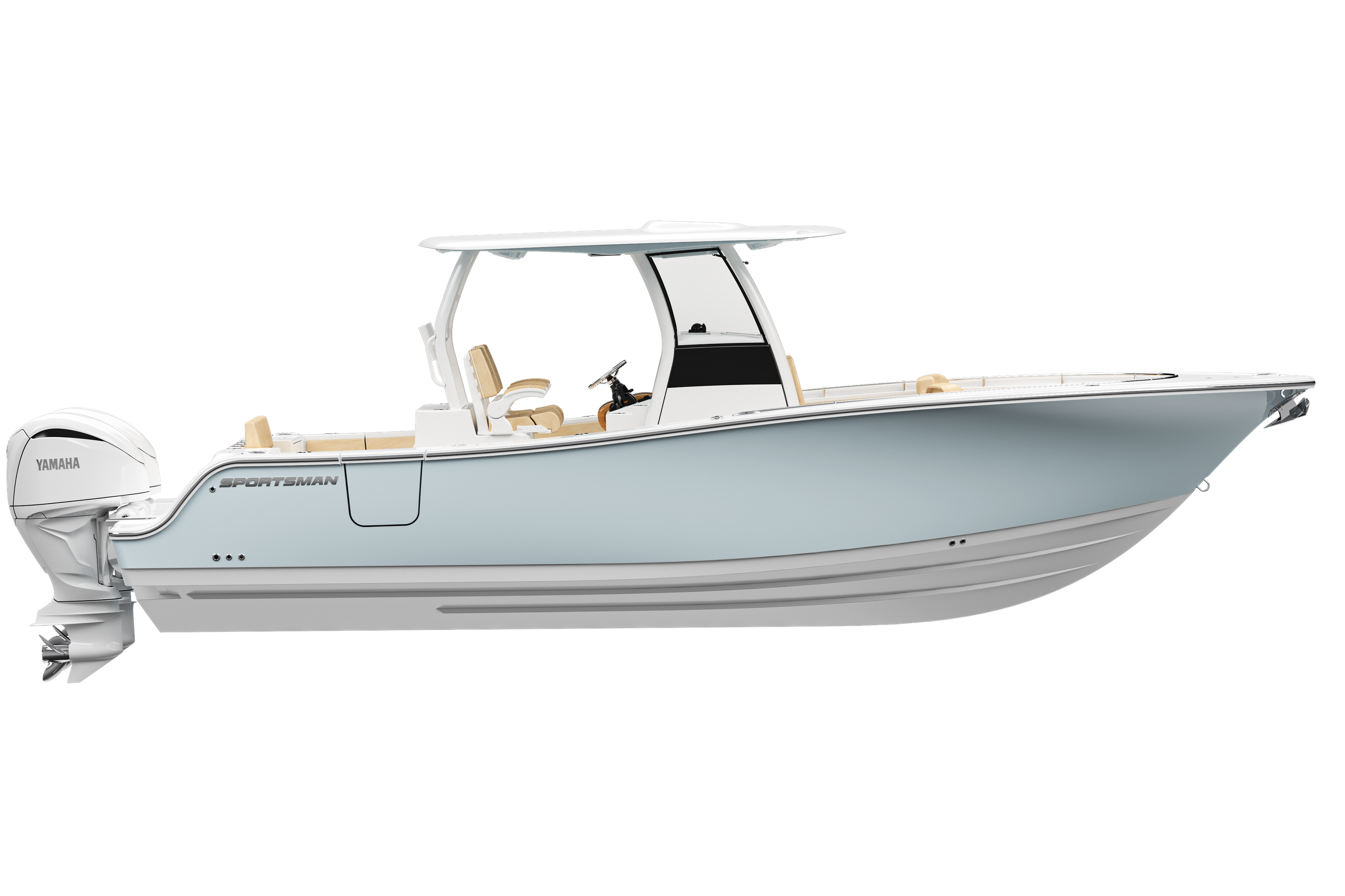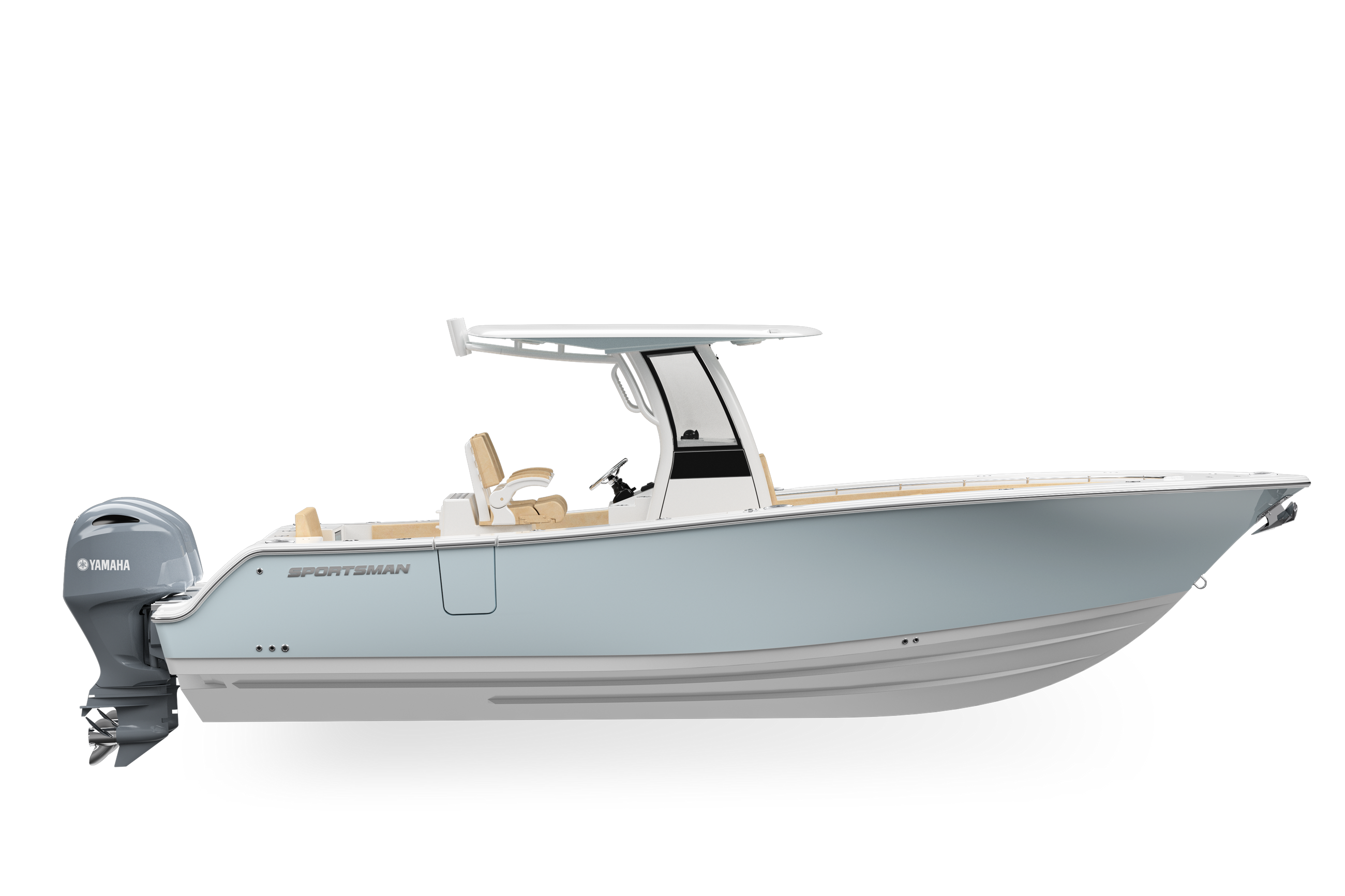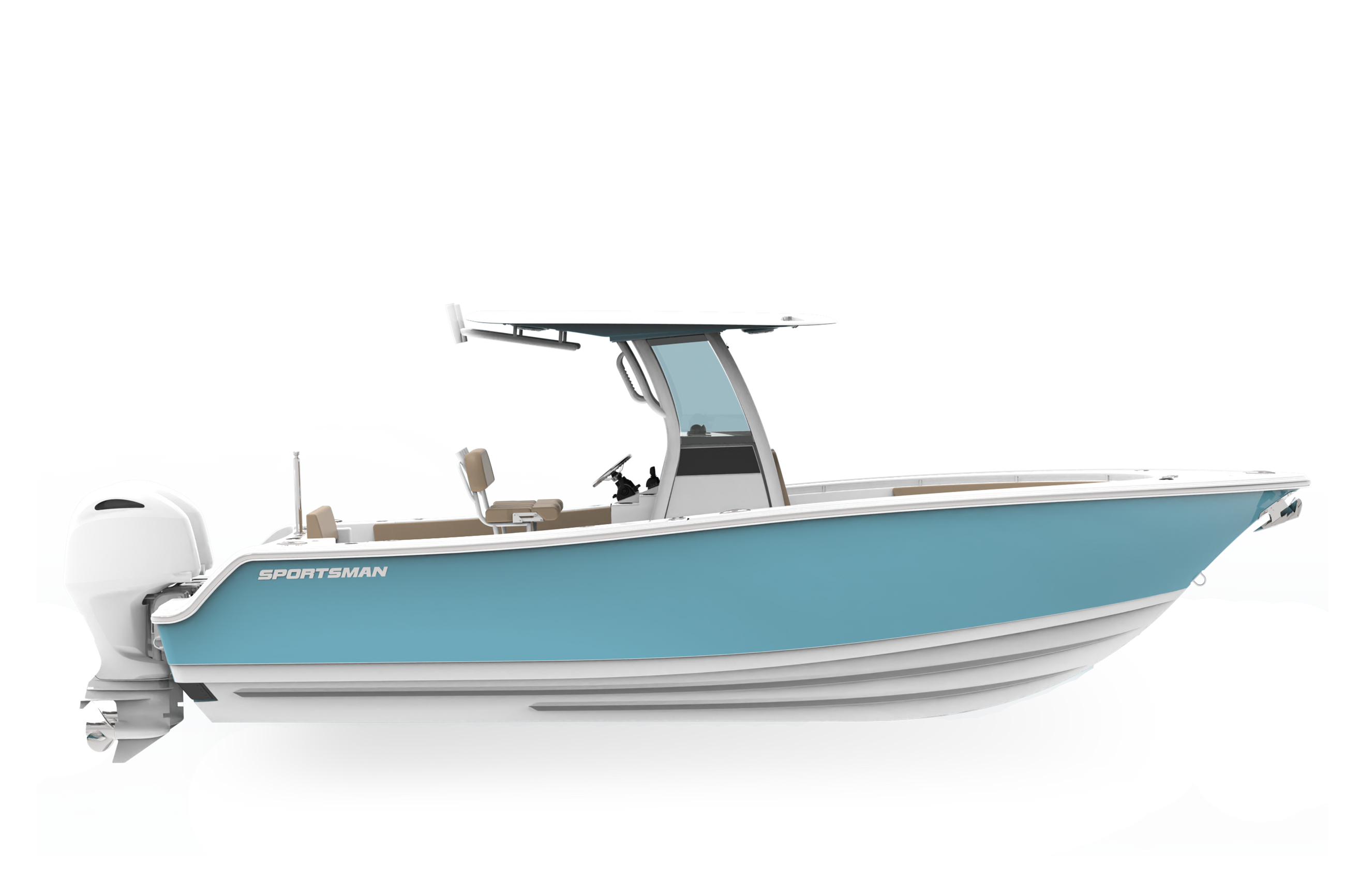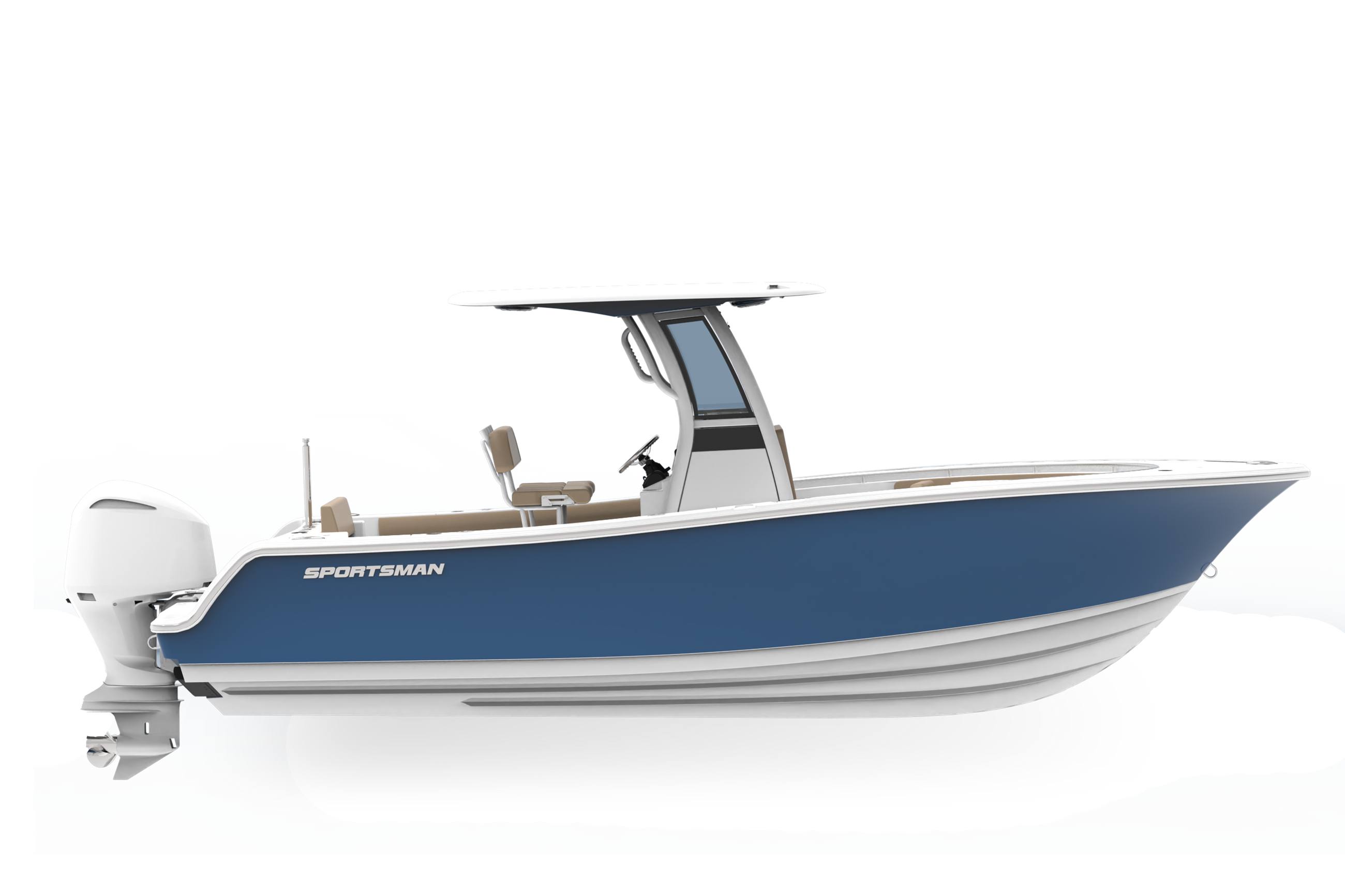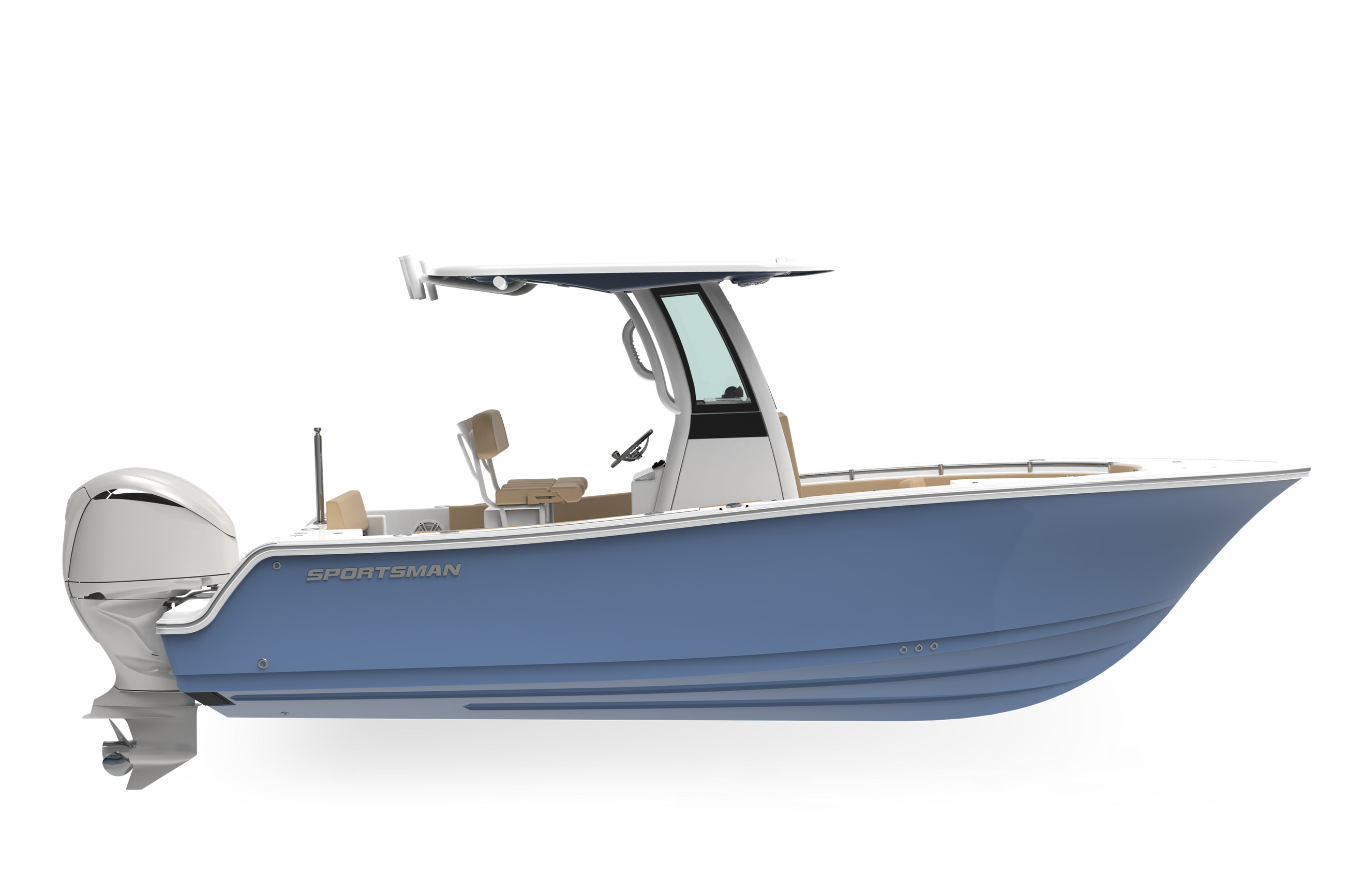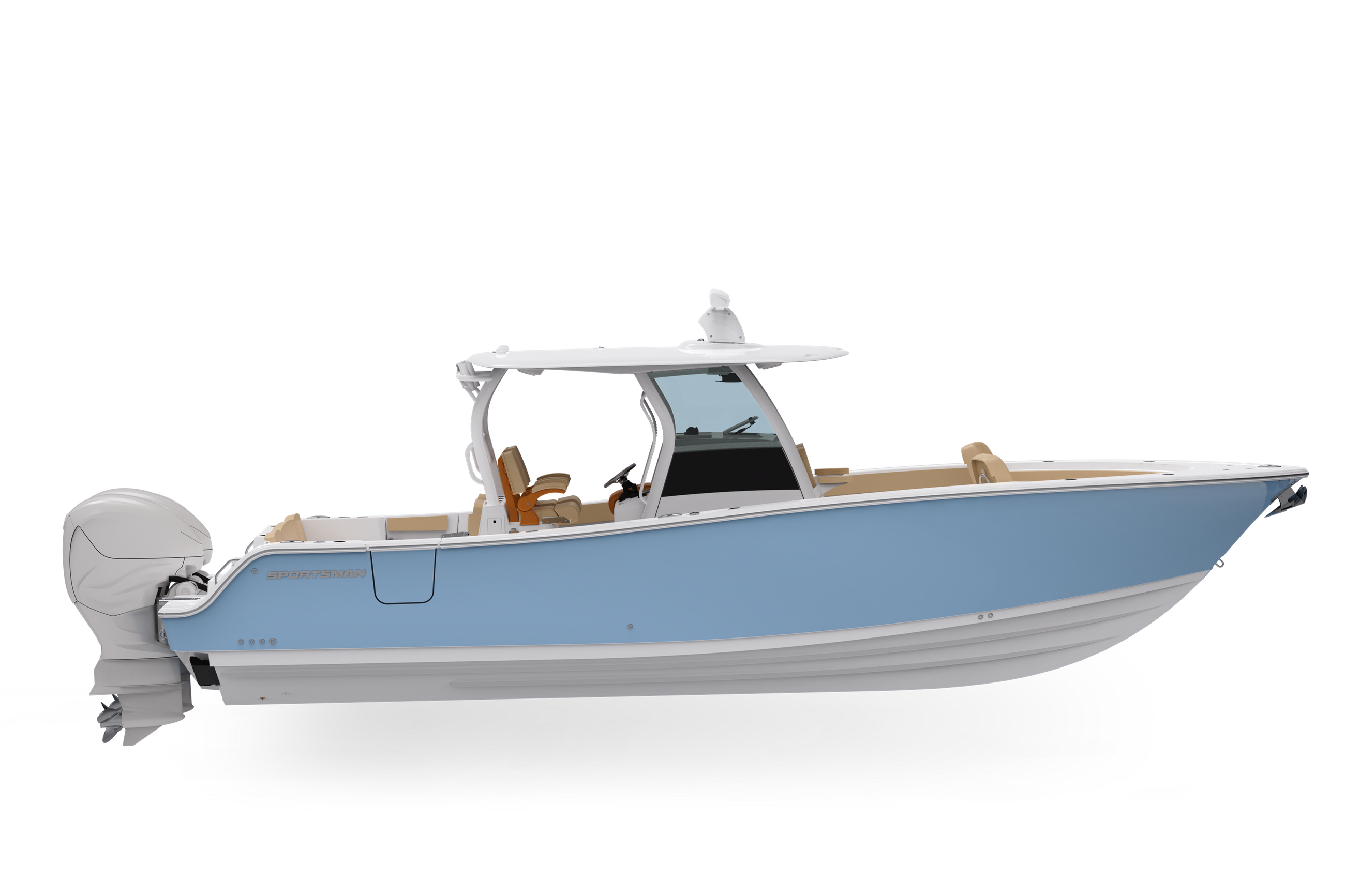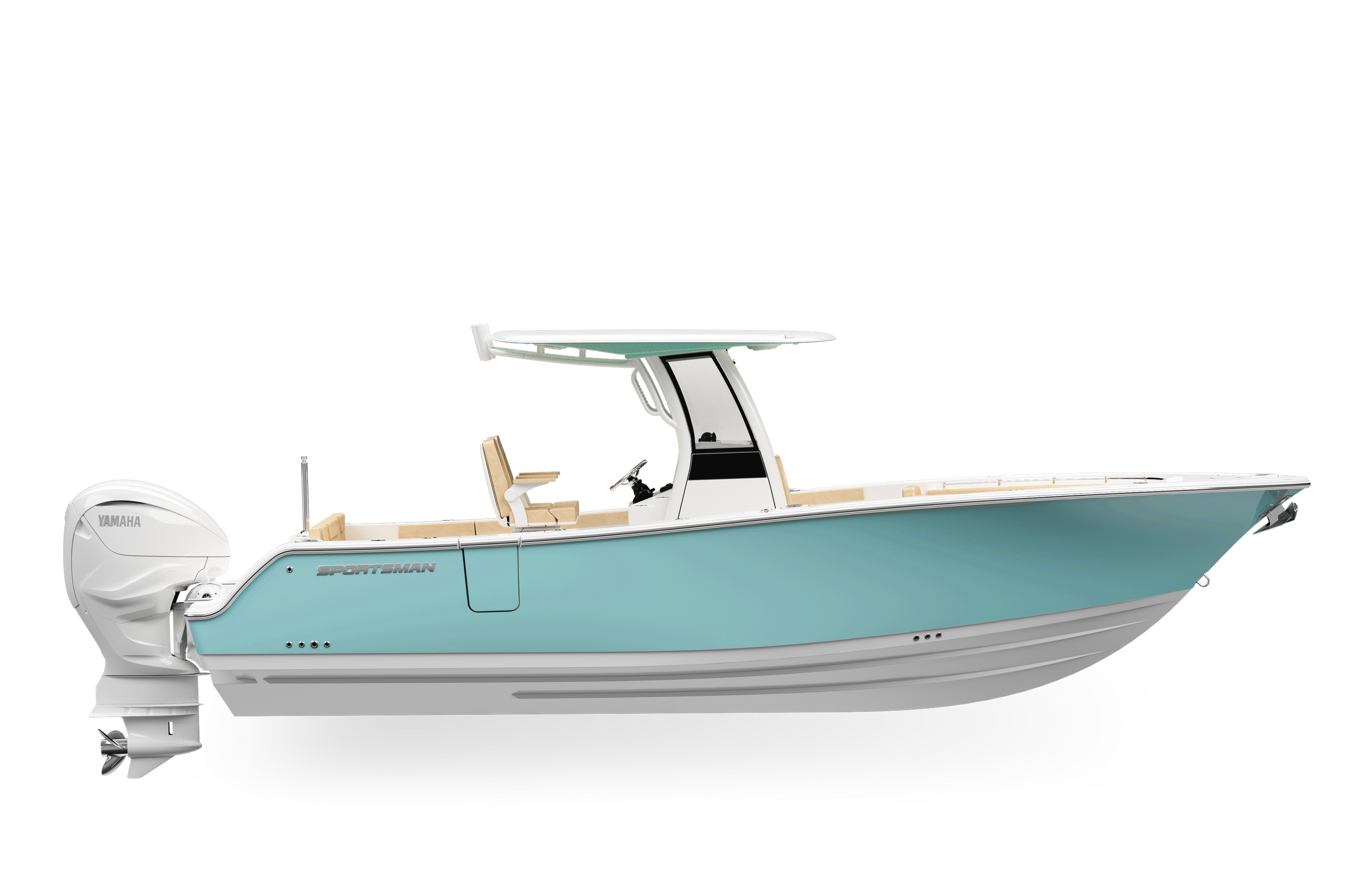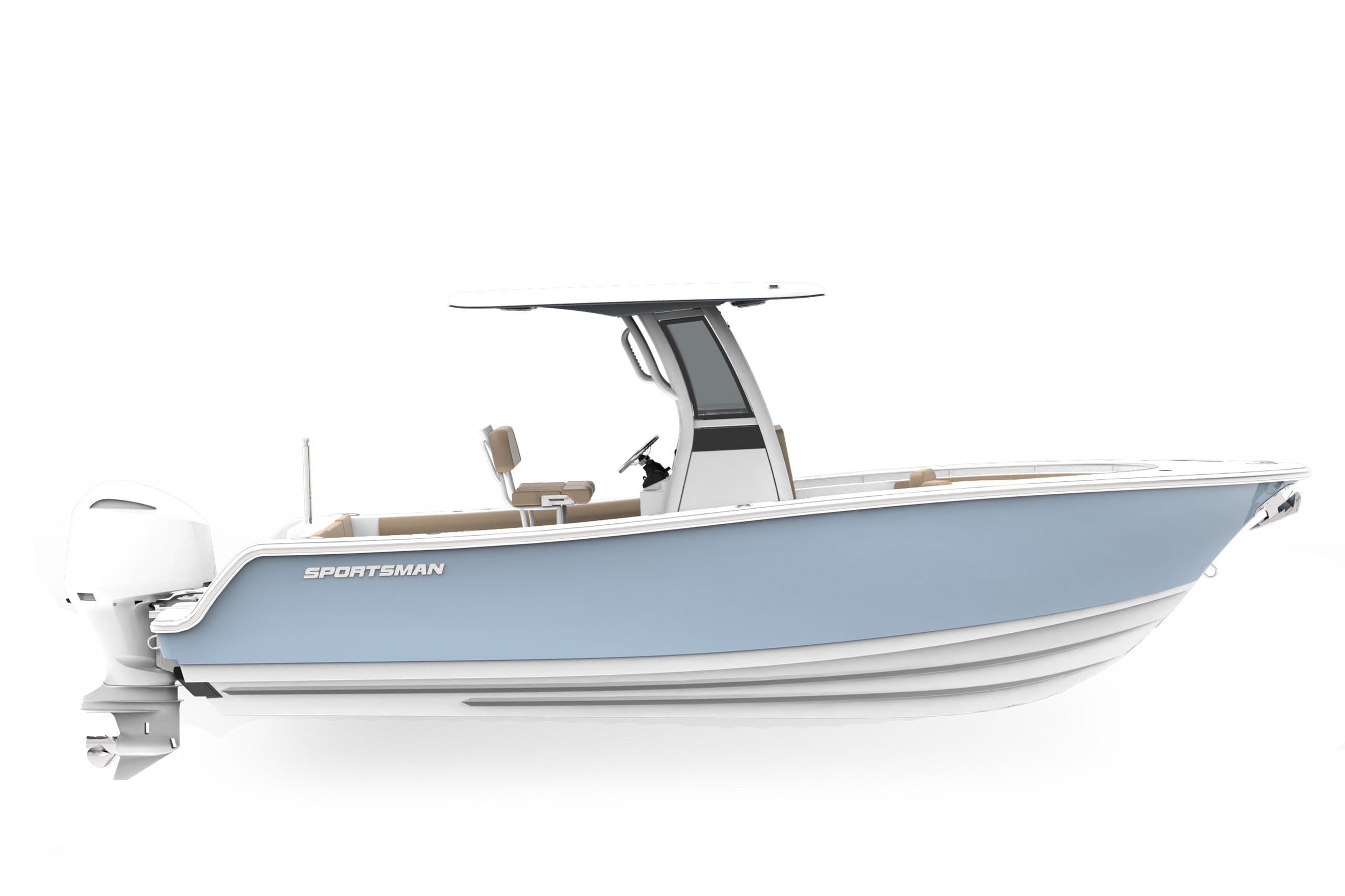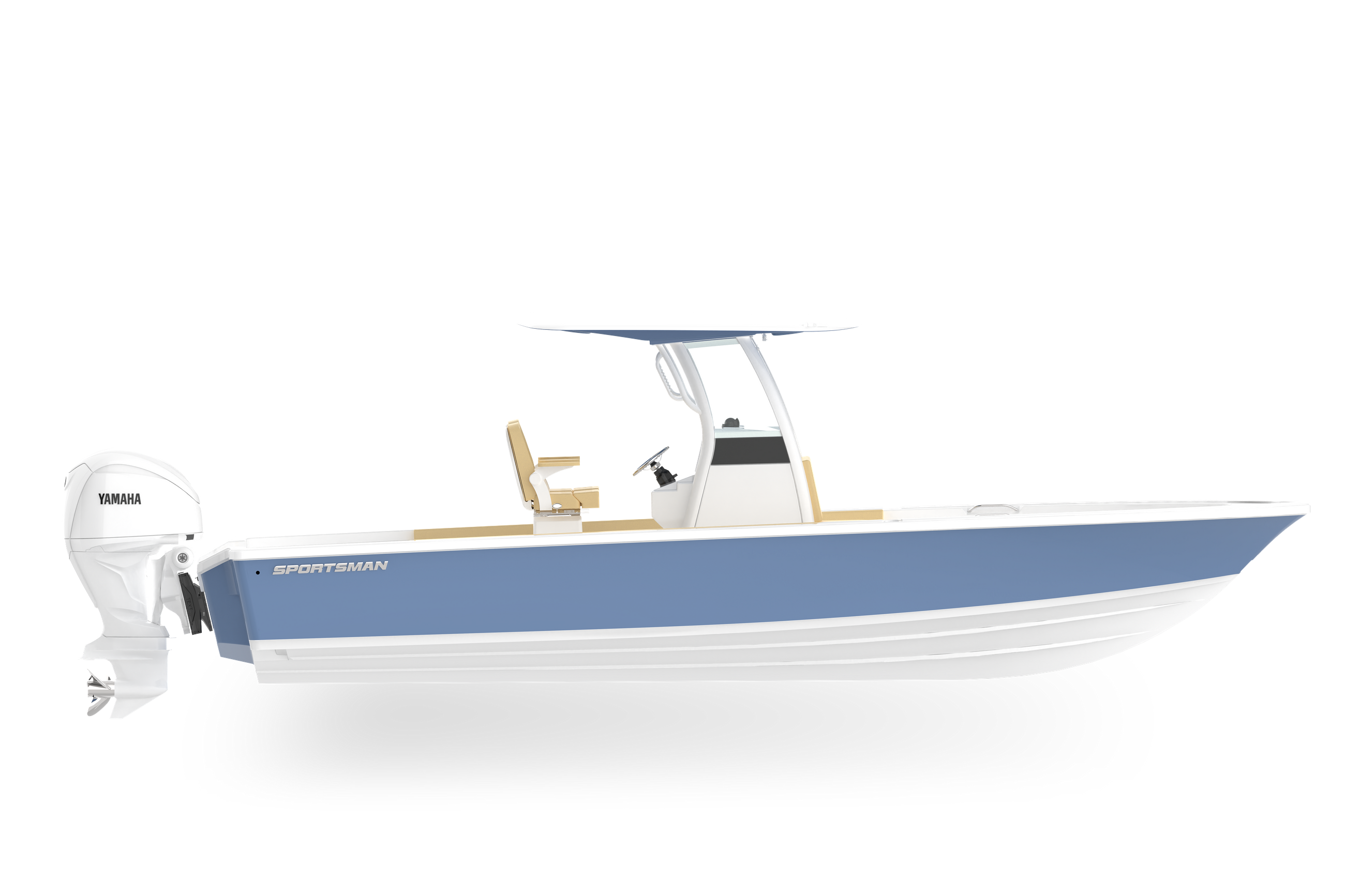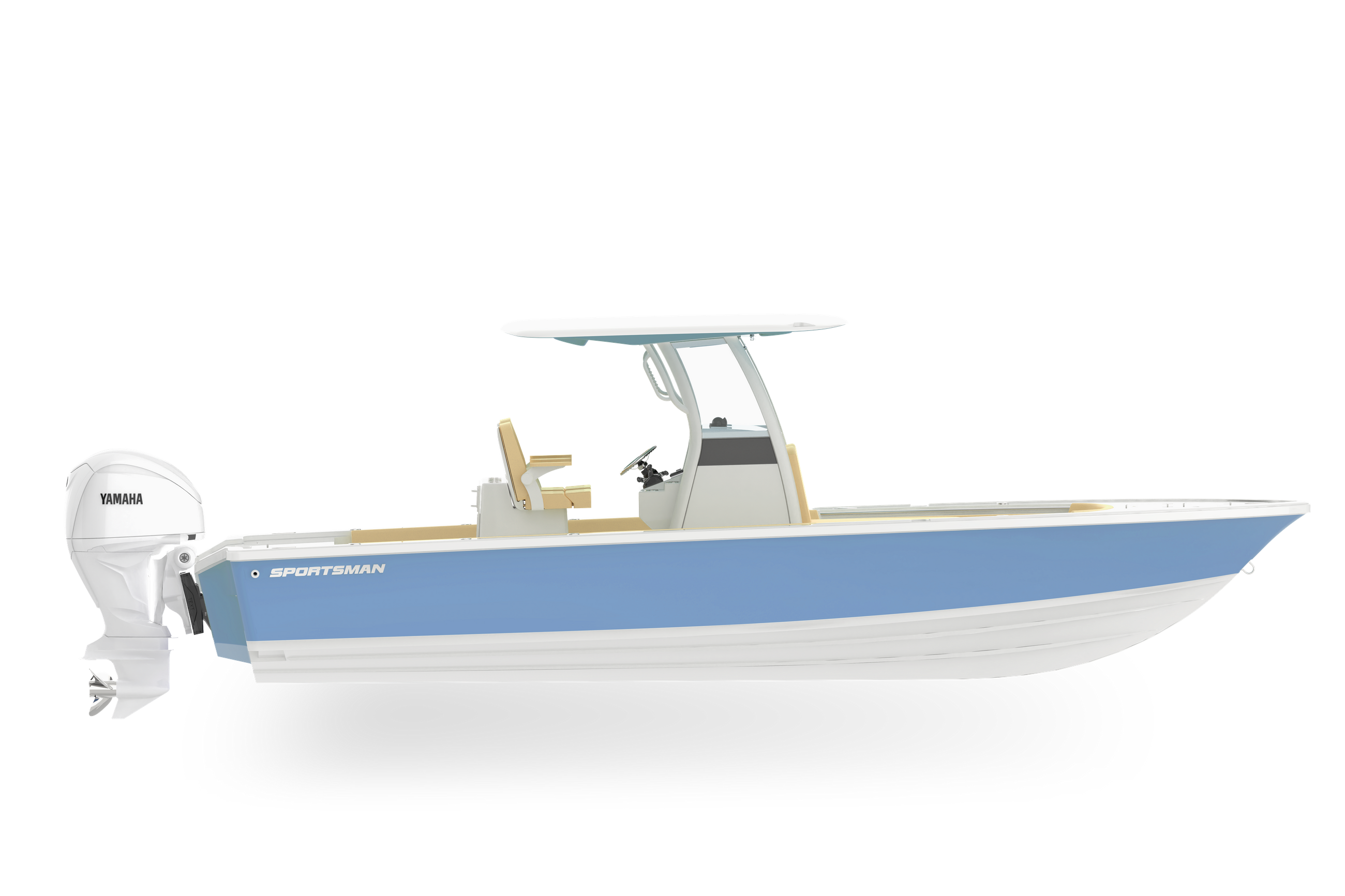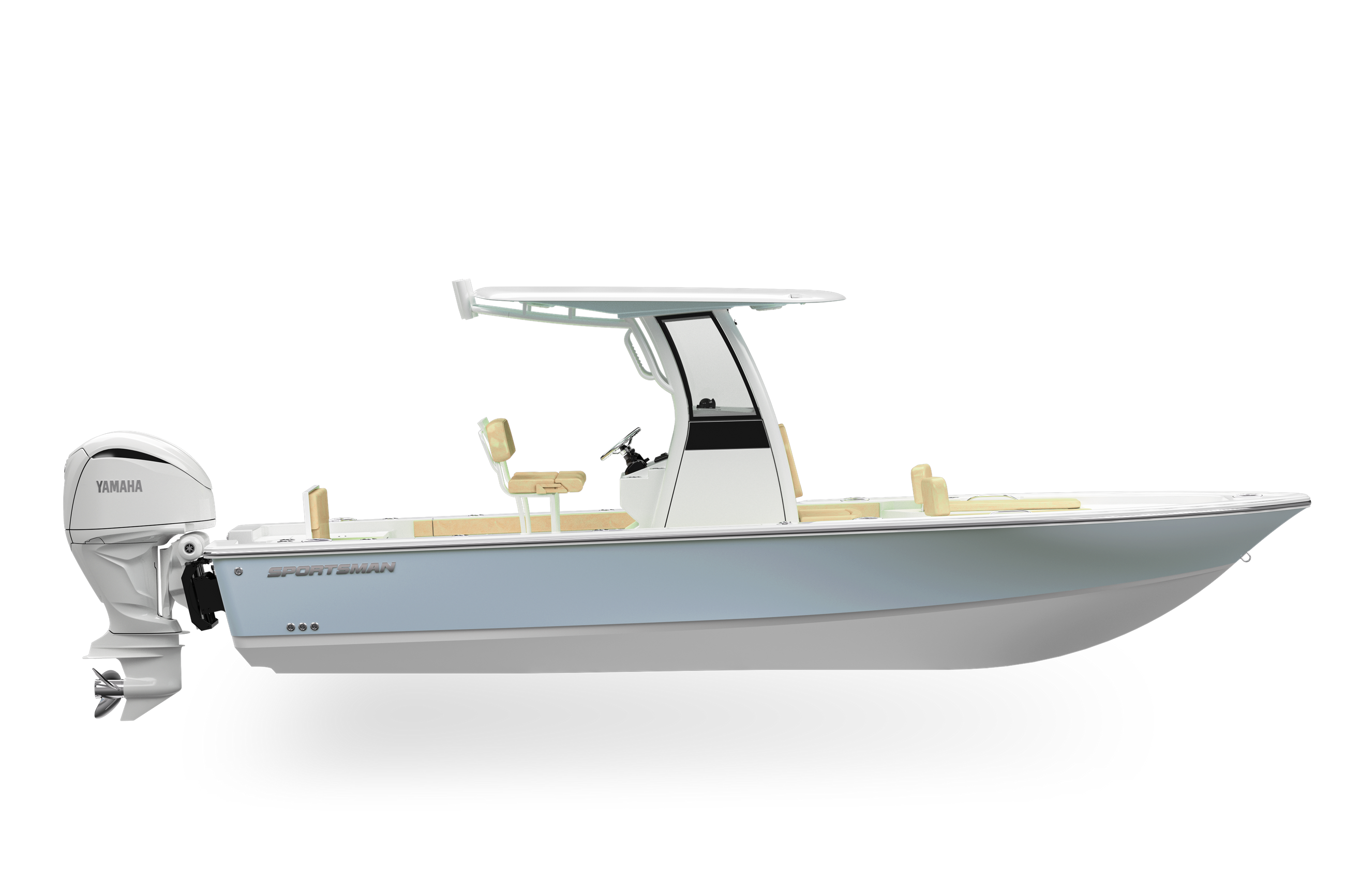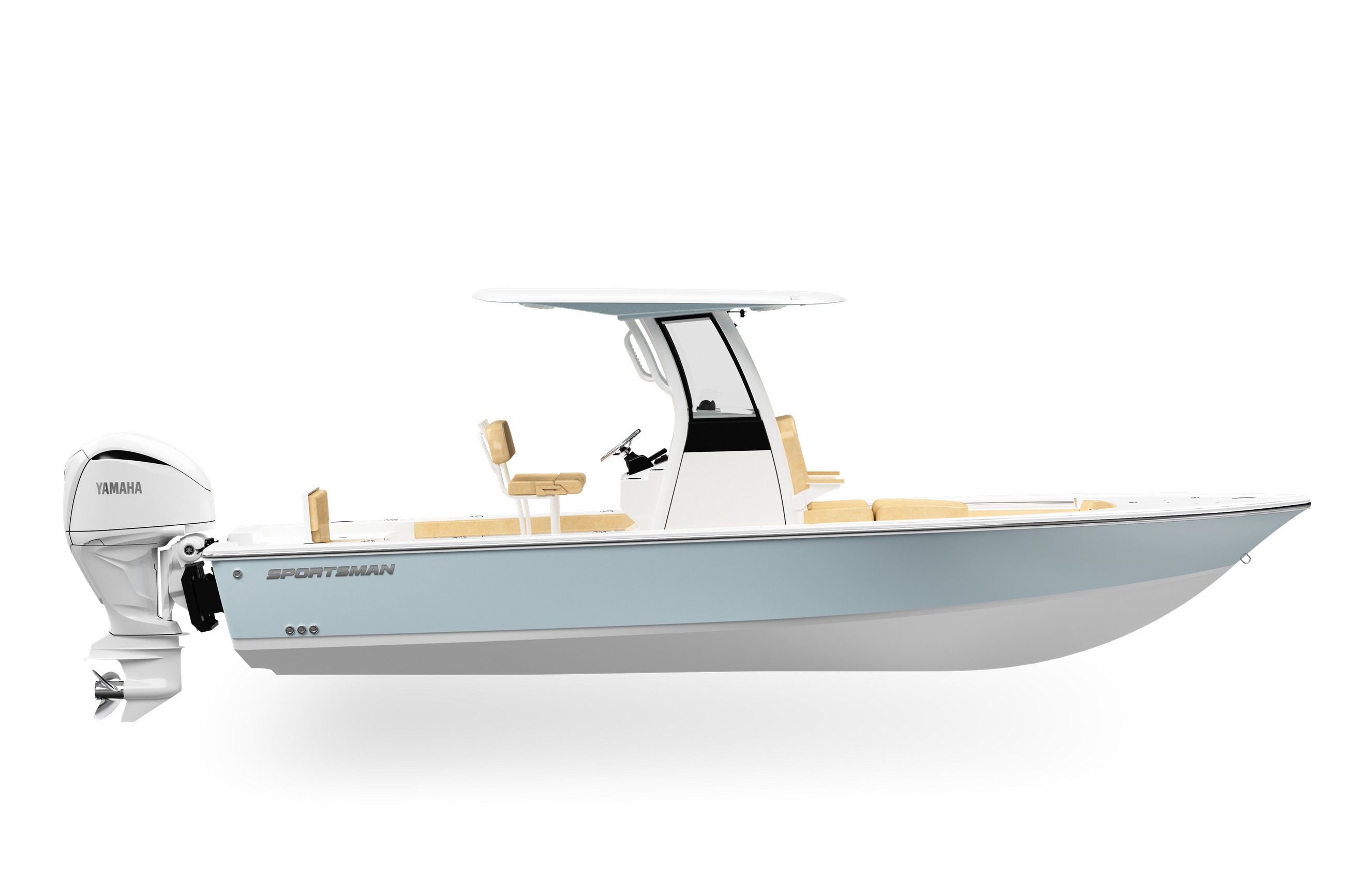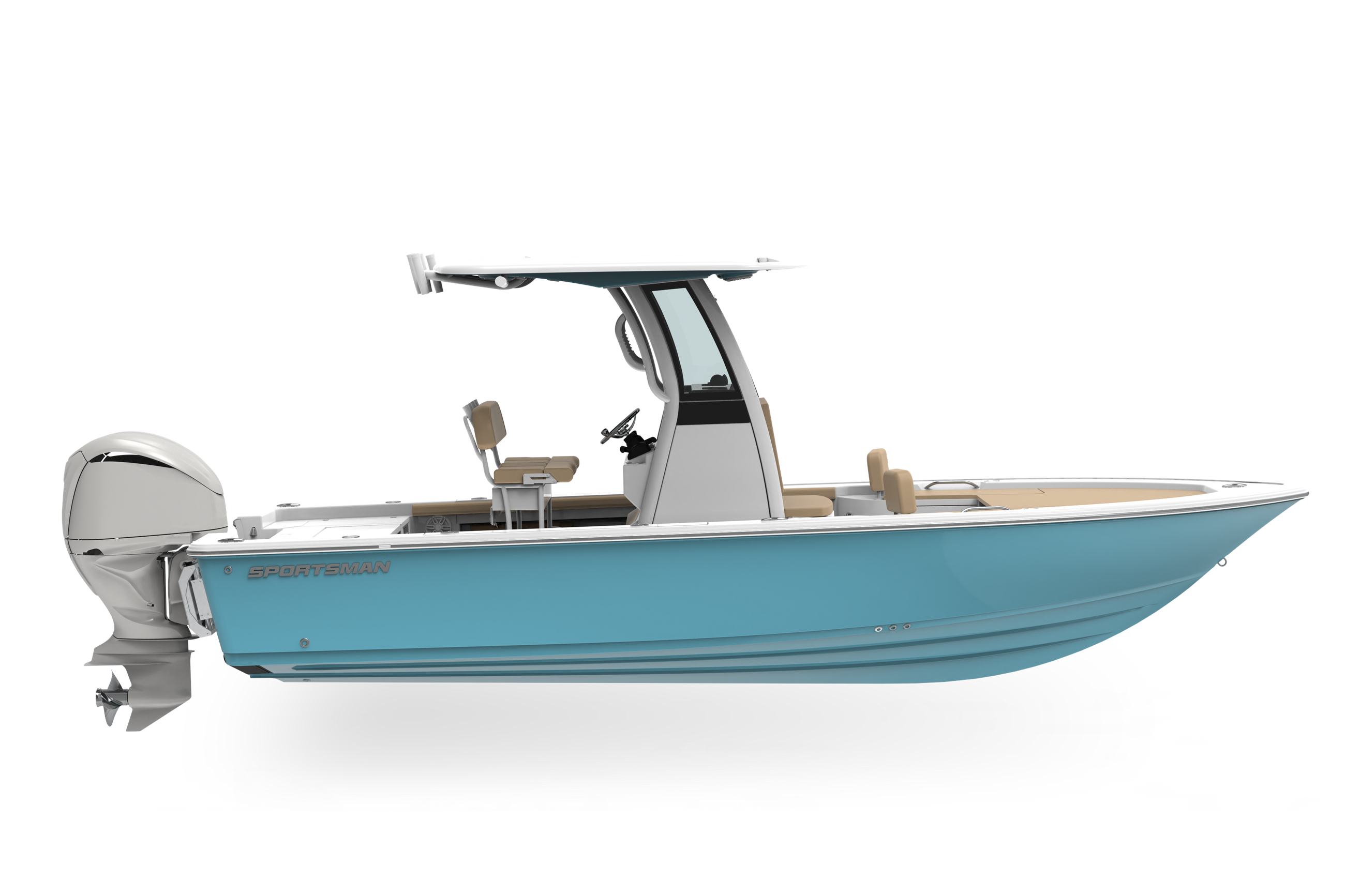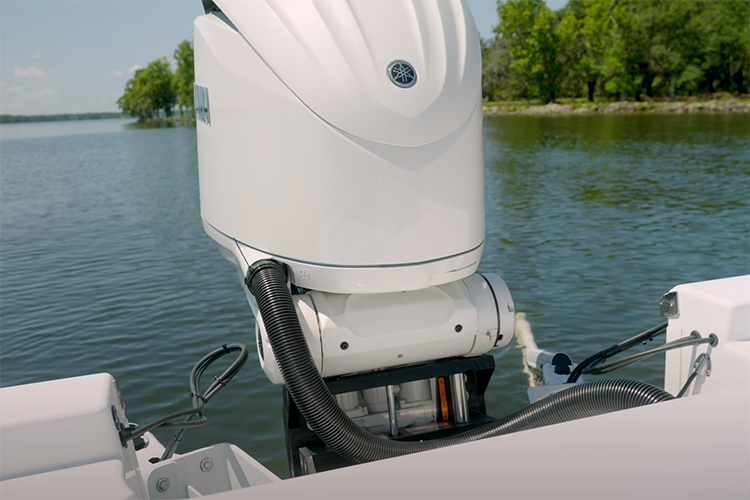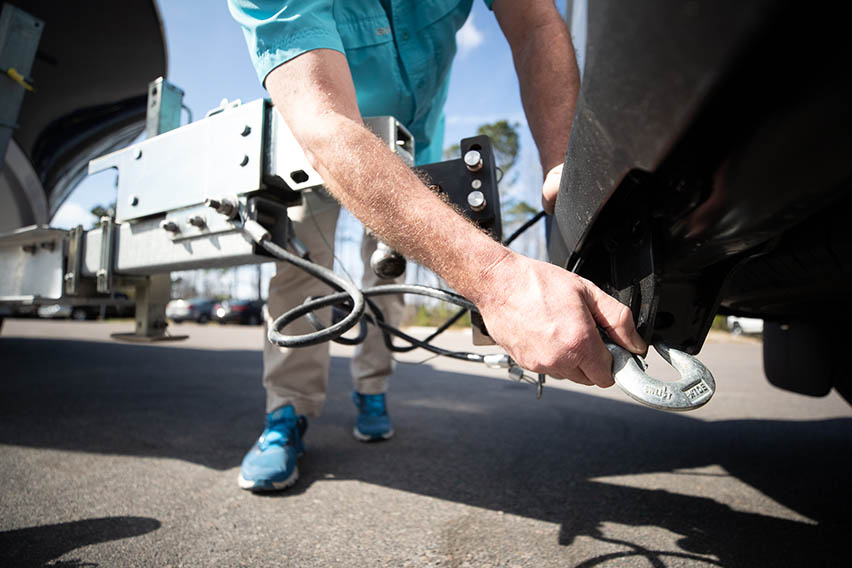Choosing the best fuel for your boat can sound tricky, but it's very simple. Find out what fuels are best for your boat and why, how much fuel your boat will consume, and roughly how much it's going to cost you to fuel your boat.
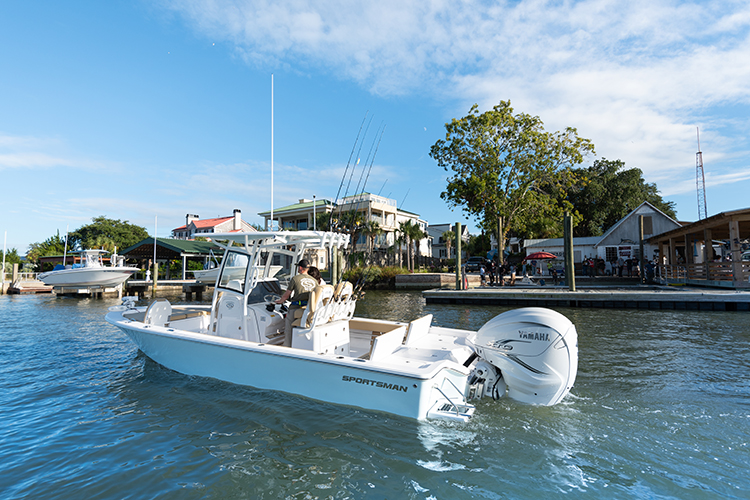
-
•Follow the motor manufacturer’s fuel type and octane recommendations and avoid fuels with more than 10% ethanol to prevent corrosion and water in the fuel system.
-
•If you have a high performance engine, use the higher octane fuel it requires to support tuning and maximize horsepower without premature detonation.
-
•Estimate fuel costs by considering marina prices are higher than station prices and use mpg ranges for your boat to budget trips while choosing fuel from large providers for additives and stability.
Purchasing a new boat is a big deal. It’s something many people spend years researching and saving money for. That new boat purchase will be a defining moment in your and your family’s lives. So before purchasing that boat, you want to make sure you have all your ducks in a row. Some things you may be wondering about are which type of fuel is best, fuel consumption, and fuel cost.
You’ve probably heard different things about fuel types and which to use in your boat. Ultimately you need to use whichever fuel is recommended by the manufacture of your specific motor (Yamaha, Mercury, Suzuki, etc.). This information can easily be found in your owner’s manual. Now, choosing between different fuels and their features all pertains to the performance your motor is designed for.
To start you should never use any fuels with more than 10% ethanol, those would be fuels such as E15 or E85. Marine motors and their components are not designed to withstand the corrosiveness of higher levels of ethanol. In fact, ethanol is an attractant of water, meaning, you can end up with water in your fuel system and we all know water and fuel systems do not go well together. If cost is no concern, you should run ethanol free fuels for the longevity of your boat and its’ motor. With this being said, higher performance motors will generally require a higher-octane fuel due to the tunes used to increase performance. In order for most tunes to achieve the maximum horsepower and performance it’s designed for, it needs a hotter burning fuel that does not prematurely detonate. This is why performance cars also run premium/high octane fuels.
You’re now on the right track to finding which fuel you want to put in your boat, but you may still have a few questions about fuel consumption. This may play a big factor in what size boat you choose and what size motor you choose to put on your boat. These are numbers only your boat manufacturer can give you based on their recorded performance bulletins. You're not going to see mpg numbers out of your boat like you would on a small hybrid car. However, newer boats with four-stroke engines offer very reasonable mpg results when running at cruising speeds. For example, the Sportsman Open 252 is an average size boat and with a 300HP Yamaha XCA. You will get roughly 4mpg while cruising at speeds around 25mph. Boats, such as smaller skiffs running 30HP motors, will get much higher MPG ratings due to the fact that they’re lighter with less drag. So, if you’re looking at an average size vessel you can expect around 3-5mpg while cruising. This should help you factor in your potential fuel costs, especially if you know roughly where you’ll be taking your boat.
Lastly, you’ll be looking at fuel costs. Fuel at marinas costs much more than fuel at a gas station. If you’re trailering your boat, you should be able to fuel your boat at a gas station for a lower price per gallon than those dry docking or leaving them in a boat slip. You should, however, still get fuel from larger companies because they often include additives in their fuel that help corrosion. (Yamaha, 2017). Additionally, they cycle their fuel much faster so it’s not settling and collecting bad by-products from inside the tanks.
Needless to say, fuel is a major consideration when purchasing a boat. It shouldn’t scare you though, just follow the directions of your manufacture and try not to let it sit in the fuel tank too long. Outside of this, you’re good to go! Just go get on the water and have some fun with your family and friends.
Yamaha. (2017, February 3). Gasoline Basics. Yamaha. Retrieved from https://yamahaoutboards.com/en-us/utility/blog/february-2017/gasoline-basics
Related Posts
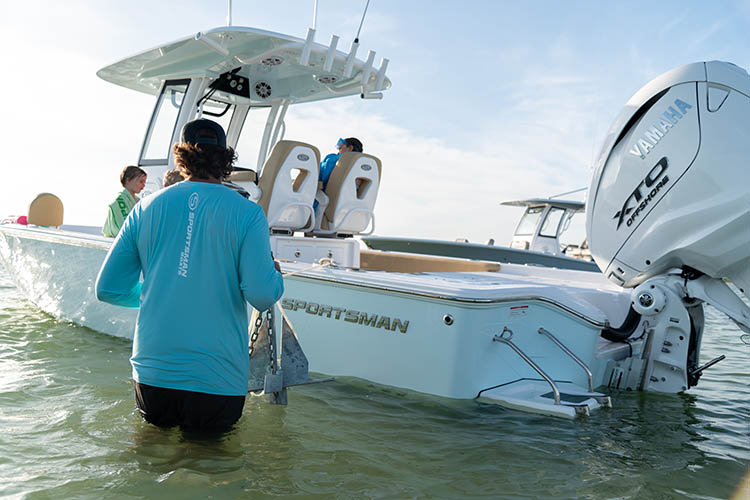
Days on the sandbar are designed to be relaxing and fun for you and the family. Proper gear is essential to achieving this designed plan and...
Read More